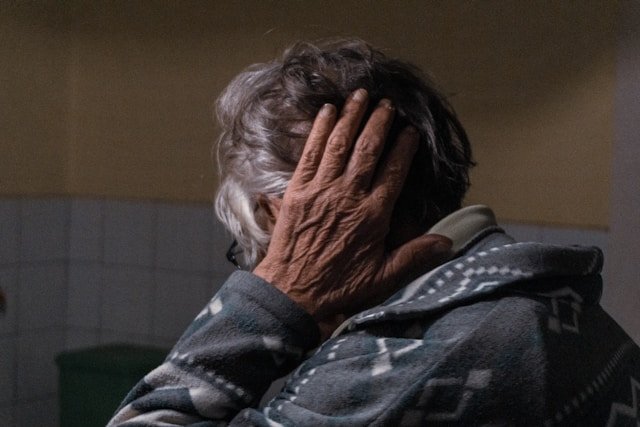
Elder abuse represents a significant yet frequently overlooked public health issue affecting our aging population. As our society ages, with an increasing number of seniors living longer, the prevalence and seriousness of elder mistreatment require immediate attention. The repercussions of such abuse extend beyond immediate harm, profoundly impacting the physical and emotional well-being of victims.
Understanding the Hidden Nature of Elder Abuse
What is Elder Abuse?
Elder abuse refers to a variety of harmful acts inflicted upon older adults. This includes physical abuse (such as hitting or pushing), emotional abuse (like humiliation or threats), financial exploitation (theft or fraud), and neglect (failure to provide essential needs). Such abuse can occur in private homes, nursing facilities, or any setting where seniors receive care, typically at the hands of caregivers, family members, or institutional staff.
Why Does Elder Abuse Often Remain Unseen?
Numerous elder abuse instances go unreported due to various complex factors. Victims often feel ashamed of their circumstances or fear consequences for speaking out. Isolation can limit their contact with potential advocates, and dependence on their abusers for basic needs creates an imbalance of power that silences them. Moreover, cognitive challenges may hinder seniors from clearly expressing their experiences.
The Emotional Impact of Elder Abuse on Senior Health
Depression and Anxiety
The emotional trauma resulting from abuse frequently leads to depression and anxiety disorders among older adults. Ongoing mistreatment fosters feelings of helplessness and hopelessness, disrupting sleep and degrading quality of life. These mental health issues often require professional help but may go unaddressed due to limited access to mental health resources.
Loss of Trust and Social Isolation
Abuse undermines a senior’s sense of safety and trust in others, prompting many victims to withdraw from social situations and relationships as a form of self-protection. This increased isolation can create a dangerous cycle, further distancing the elder from supportive networks and heightening their vulnerability to ongoing abuse.
Cognitive Decline
Studies indicate that constant stress from ongoing abuse can accelerate cognitive decline. The elevated cortisol levels associated with chronic stress can harm brain structures, particularly the hippocampus, which is vital for memory. This deterioration may worsen or mimic symptoms of dementia, complicating diagnosis and appropriate treatment.
Physical Health Effects of Elder Abuse
Visible Injuries and Chronic Pain
Physical manifestations of elder abuse can include visible injuries like unexplained bruises, fractures, or abrasions. Beyond immediate harm, seniors may experience chronic pain due to untreated injuries or recurrent trauma. These physical consequences can severely impede mobility and freedom, leading to a cascade of additional health issues.
Compromised Immune System and Increased Illness
Chronic stress resulting from abuse can significantly weaken the immune system in older adults. This immunosuppression increases the risk of infections, hinders wound healing, and complicates the management of existing health problems.
Neglect of Medical Needs
Neglect represents a harmful form of abuse where seniors do not receive their essential needs. This includes missed medications, inadequate nutrition, poor hygiene, and untreated health conditions. The consequences can be dire, particularly for older adults with chronic illnesses that require ongoing management.
Protecting the Well-Being of Seniors
Elder abuse inflicts severe and lasting damage on both the mental and physical health of older adults. By comprehending these impacts, we can better identify warning signs and take proactive measures. Every senior deserves to live with dignity and be safeguarded in their later years.







